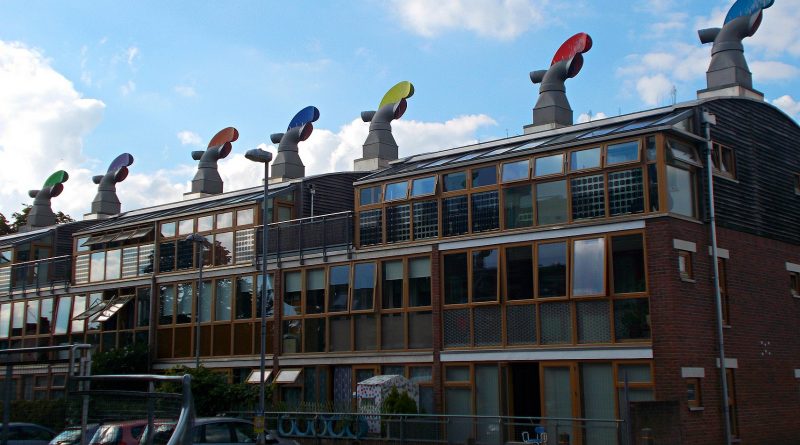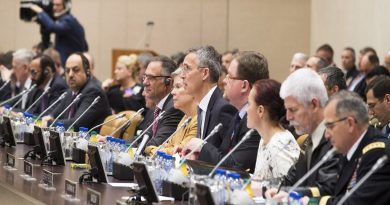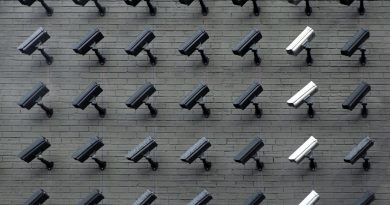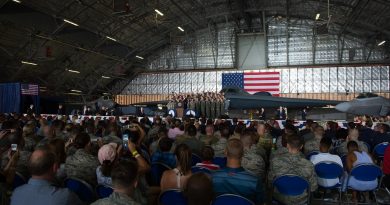Peace education for the Anthropocene? Regenerative ecology and the ecovillages movement
CEI-IUL researcher Ana Margarida Esteves has just published a scientific article based on field work carried out in Jerusalem and the West Bank. The article, entitled “Peace education for the Anthropocene? The contribution of regenerative ecology and the ecovillages movement” was published in the international peer-reviewed Journal of Peace Education.
The security risks posed by the Anthropocene requires peace education strategies aimed at developing the skills necessary for the emergence of regenerative social forms, based on sustainable synergies between humans and nature. This article explores how community-building and regenerative ecology frameworks developed in ecovillages can contribute to that goal, through the case study analysis of the peace education initiative carried out in Israel and the West Bank by Tamera – Healing Biotope I, an ecovillage located in southern Portugal.
The findings illustrate the difficulty of creating regenerative social forms through the reproduction of whole system ideal models for sustainable human settlements, due to the vulnerability of intentional communities to the internal reproduction of ethnopolitical loyalties and conflicts. They also illustrate how a combination of local embeddedness and transnational connections contribute to the diffusion of social innovations produced in ecovillages. However, local ethnopolitical organizations and movements tend to promote resistance to the adoption of externally produced frameworks for the development of competences of collaborative sociability and non-violent conflict resolution.
The article concludes with an appeal to a transdisciplinary collaboration among scholars, practitioners and public institutions in the development of synergistic models of peace education that are multipliable, but context-sensitive.
Read the article here.
BedZED ecovillage, Hackbridge, London Borough of Sutton / photo by Tony Monblat / CC BY-SA 2.0
![]() This work is licensed under a Creative Commons Attribution-NonCommercial-ShareAlike 4.0 International License.
This work is licensed under a Creative Commons Attribution-NonCommercial-ShareAlike 4.0 International License.




